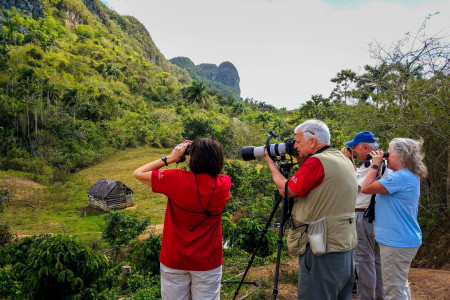
2017 is the UN’s International Year of Sustainable Tourism for Development. So, what better topic to consider than that of Caribbean bird tourism for sustainable development and conservation?
Speakers at the BirdsCaribbean 21st International Conference in Topes de Collantes, Cuba (July 13 – 17) will be digging deeper into the eco-tourism field, and the potential of birding as a tourist attraction. Recent trends suggest that a more discerning and independent traveler in the Caribbean – as elsewhere in the world – has emerged, who is looking for a unique, authentic experience. Much greater sensitivity towards the culture and environment is a critical component of this – and of sustainable tourism in general.
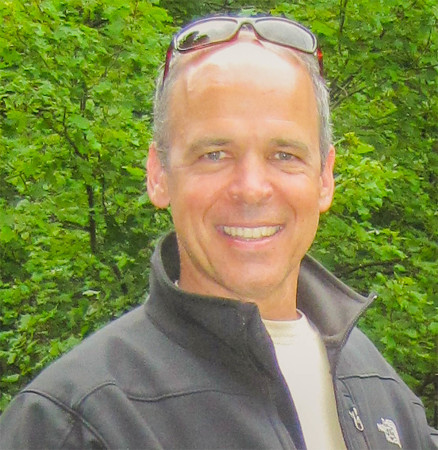
So, although Caribbean tourism was built on the “sun, sea and sand” concept, it is evolving. In a highly competitive field some models need to be redesigned to cope with changing demands, says Assistant Professor of Marketing and Entrepreneurship at the University of Pittsburgh Skip Glenn. In Cuba, Glenn will discuss that critical “balance” that will build profit for entrepreneurs, while at the same time ensuring the preservation of natural resources and sustainable growth in communities.
Another recent trend is “sharing” via social media and online in general. Judy Karwacki of Small Planet Consulting in Vancouver, Canada will explore this growing tendency among travelers, many of whom are looking to “live like a local.” At the Cuba conference, Karwacki will provide practical marketing information and tips for birding tourism destinations.
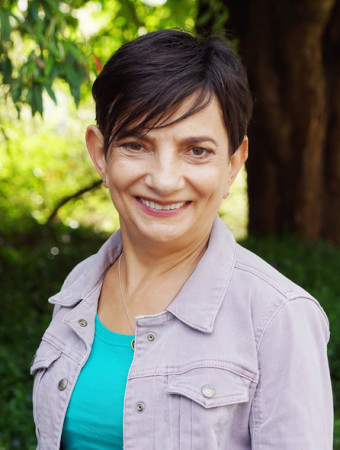
One example of a bird tourism model is the Caribbean Birding Trail (CBT), developed by BirdsCaribbean, which aims to raise awareness (and enjoyment) of the remarkable diversity of birds in the region and to encourage their conservation. CBT’s aim is to work with partners on every island to offer training at the local level in bird-centered, sustainable tourism that includes experiencing local culture and heritage.
Holly Robertson and Lisa Sorenson will have plenty to update participants at the Cuba conference on the “latest” from the CBT, which has held interpretive guide trainings in Grenada, Jamaica, Dominican Republic and Bonaire to date. The U.S. Fish and Wildlife Service and the Marshall-Reynolds Foundation have funded supporting activities, including marketing products, an interpretive panel for Jamaica’s Cockpit Country, and improving trails and infrastructure in the Dominican Republic. The CBT is moving ahead!
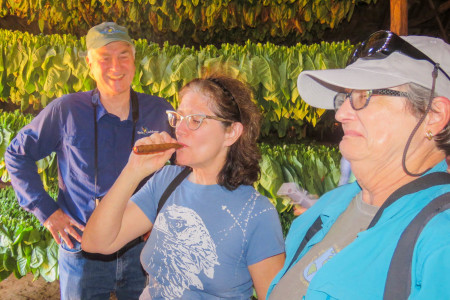
There is much more to absorb and enjoy at the conference in Topes de Collantes. An informative and interactive Cuba Day will celebrate advances in the study and conservation of the island’s endemic, resident and migratory birds. A specific threat to bird populations on the island is the culture of caged birds; a workshop led by Gary Markowski of the Caribbean Conservation Trust will address this major concern and seek solutions.
The use of technology is something that no conservationist can ignore; the range of available tools expands almost daily. The use of drones for conservation is a fascinating topic, for example. Dr. David Bird, Professor Emeritus of Wildlife Biology at McGill University, will discuss the use of small unmanned aerial vehicle systems in monitoring populations of birds that are hard to access. Other technology-related topics will include how to use a GPS, mapping, and the value of eBird for conservation planning.
Would you like to write more fluently about birds, for a more general audience? The energetic Mark Yokoyama, co-founder of Les Fruits de Mer in St. Martin, will guide participants through a practical and motivating workshop on non-technical writing.
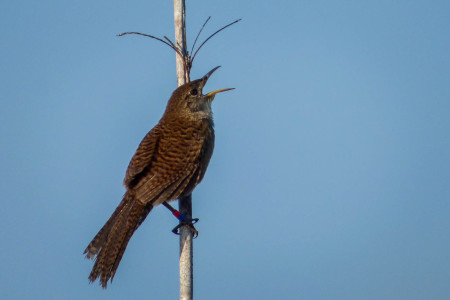
The conference schedule will also include stimulating talks and workshops on the Cornell Lab of Ornithology’s exciting BirdSleuth Caribbean program, which is making an impact in science education throughout the islands; a symposium on recent advances in seabird conservation in the Caribbean; and a roundtable discussion on long-term bird monitoring and banding in the region.
By the way – it’s not too late to register for the 21st International Conference in the beautiful Topes de Collantes Nature Reserve Park. For more details, please visit the Conference website.
Read more about the conference at this link and more about keynote speakers at this link. Thank you so much to the generous sponsors supporting our conference!
By Emma Lewis, Blogger, Writer and Online Activist, based in Kingston, Jamaica. Follow Emma at Petchary’s Blog—Cries from Jamaica.

One comment
Comments are closed.